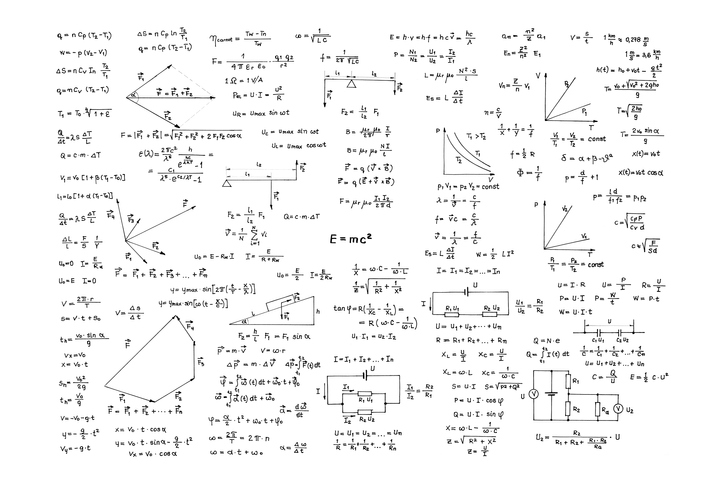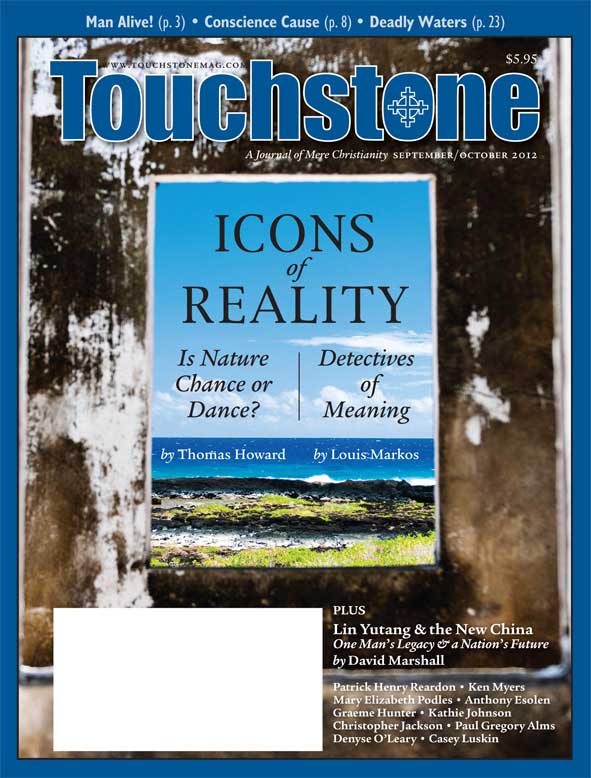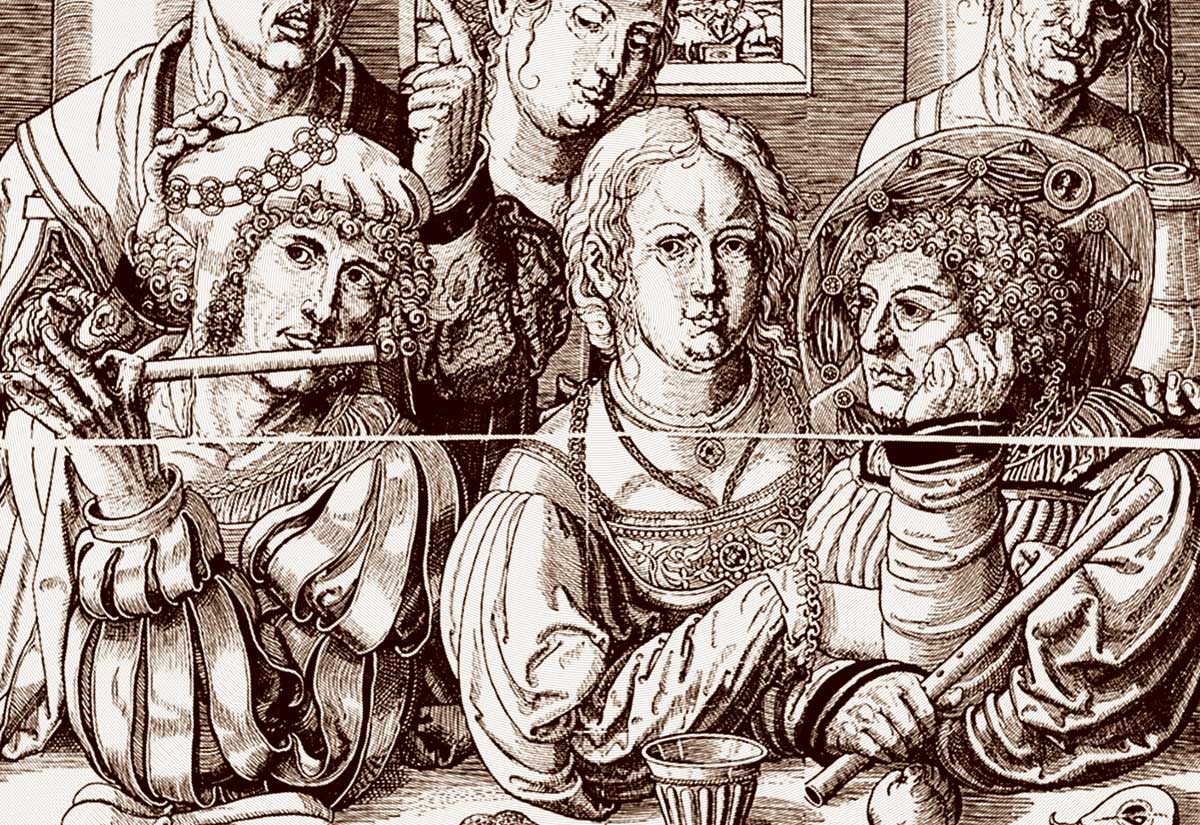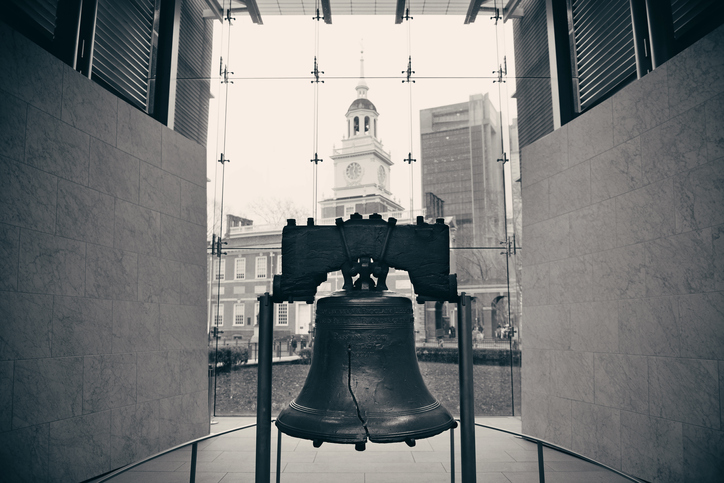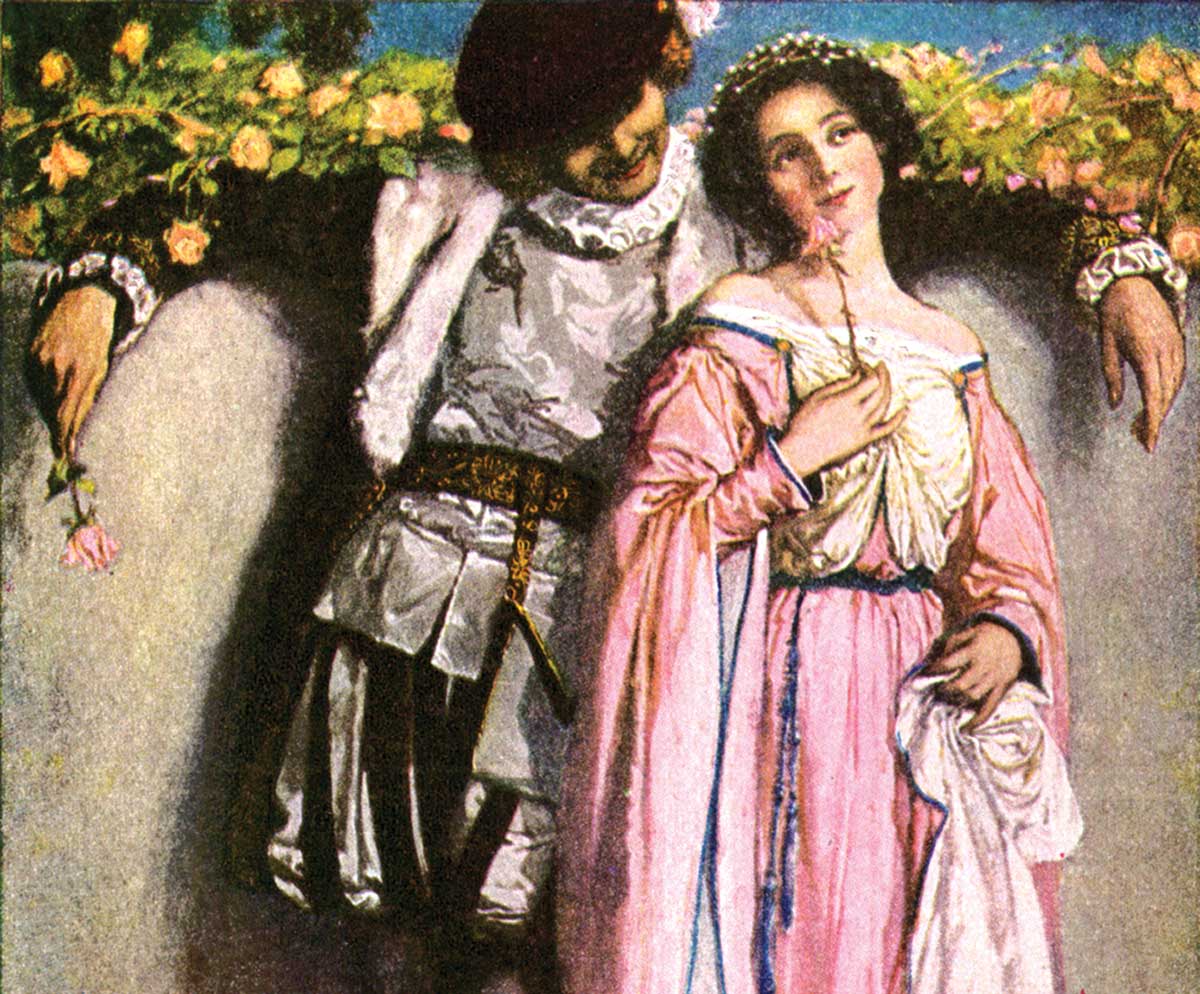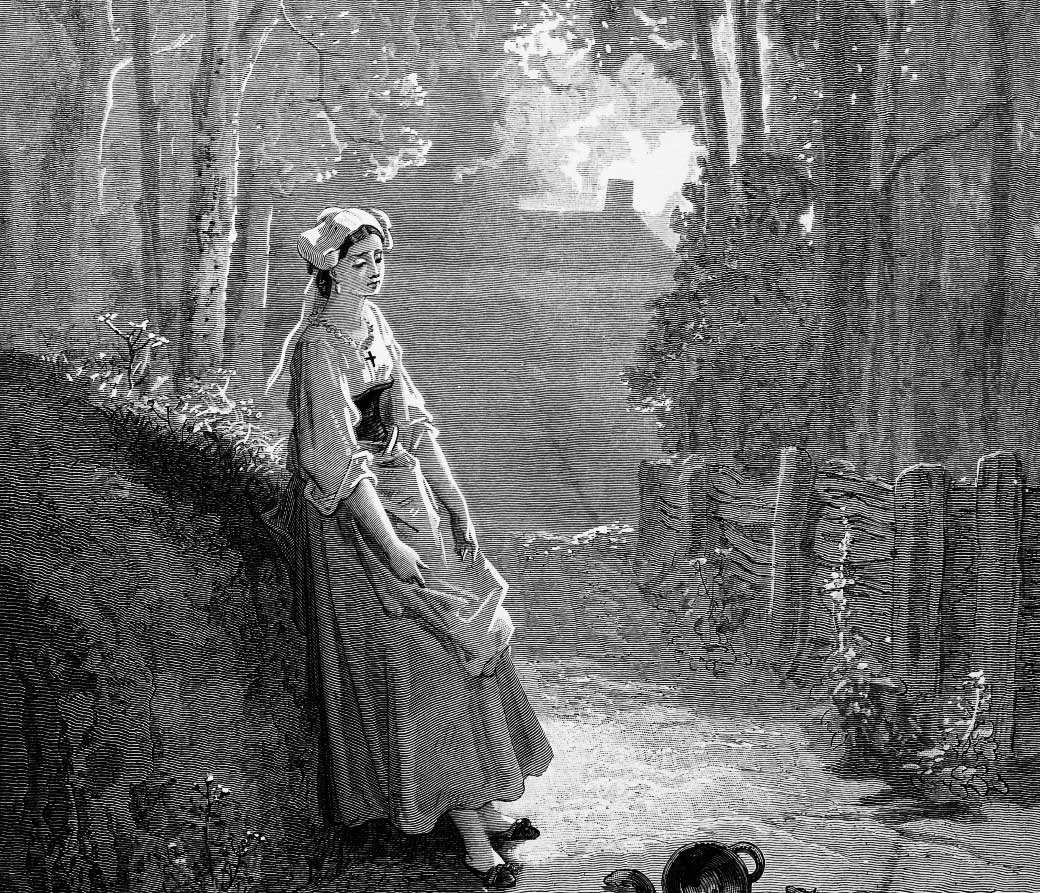View
Believe Free or Die
Patrick Henry Reardon on Mathematical Certainty & the Liberty of Faith
Ever since opening the first volume of Tanquerey's Dogmatics more than a half-century ago, I have sensed an ironic problem in the apologetics of modern Christians: an uncertainty about the meaning of certainty.
The root of the problem, I believe, is modern philosophy's implicit acceptance of rigid scientific and mathematical standards in the pursuit of truth. Because of the close historical connection between philosophy and apologetics, it is hardly surprising that a development in the one would find a parallel expression in the other.
With respect to modern philosophy, it is not clear (to me, at least) when it first adopted scientific and mathematical standards of certainty, but this development started even before the invention of differential and integral calculus.
Already, Descartes, a figure earlier than Newton and Leibniz, coveted for philosophy a kind of certainty comparable to that afforded by mathematics. When he looked at the history of philosophy, everything was in an ongoing state of confusion; the most significant and astute philosophers seemed unable to agree among themselves on even the most basic questions. When Descartes turned to the history of mathematics, however, he found no disagreements at all. No mathematician ever contradicted another mathematician. Philosophy was in confusion, whereas clarity reigned in mathematics. Descartes asked himself, "Why can't philosophy be more like mathematics?"
This was not a speculative question; Descartes systematically endeavored to shift philosophy in a direction that mimicked mathematical processes. In order to maintain scientific certainty throughout the philosophical quest, he began with what he considered a self-evident principle (Cogito, ergo sum—"I think; therefore, I am") and then, step by step, "proved" derivative inferences—such as the existence of God—as though he were demonstrating geometric theorems.
No Room for Freedom
Now, leaving aside the particular criticisms to which this philosophical approach is open—and which, in fact, it received almost at once—I propose here simply to comment that Descartes's effort rested on an unwarranted assumption: a bias favoring logical precision as the correct path in the pursuit of truth.
I call this a bias, because it appears to me that the processes establishing mathematical precision should be ranked among the lower ventures of human reason. Let me state my suppositions on this point.
First, an ennobling feature of the human intellect is its close relationship to the freedom of the human will. The highest truths are known because they are chosen in the freedom of love. According to Gregory the Dialogist, Veritas non cognoscitur nisi amatur—"the truth is not known unless it is loved."
Mathematical understanding, on the other hand, allows no room for freedom. Mathematics is distinctively coercive, in the sense that its assertions always bear an imperative quality. Two and two are invariably four because two and two have nothing to say about it. No triangle is consulted about the sum total of its angles; it will have exactly half the degrees of a quadrangle, no discussion. Understanding these things, likewise, lies outside any experience of freedom.

Trouble with Thinking
Second, to the extent that rationality adopts a mathematical format as its standard, there is a distinct peril that human reason may simply grind to a halt. I can testify to this: when I taught symbolic logic to college students some years ago, I observed that many of them soon became adept in the process, moving symbols around according to all the established rules. They could do it unerringly. They could not, however, actually think.
Give them a hypothetical proposition, for instance—an English sentence written in real words—and many of them had trouble identifying which component of the proposition was the premise and which the inference. They had somehow lost the human connection between grammar and rationality, so that even the distinction between a subject and a predicate turned blurry. Give them an entire paragraph, in which the logical connection of the sentences could be discerned only through the rational laws of grammar, and they were quickly out to sea.
Even at the time, I wondered whether I was doing those students any real service. Mastering the (alleged) skills of symbolic logic, some of them simply forgot how to think as human beings.
Trouble with Ethics
Third, to the extent that logic is based on mathematical processes, it is almost not human at all; a computer can do it just as well. That is to say, thought becomes more mechanical than mental. Indeed, to the extent that quasi-mathematical calculations dominate human thought, the latter is diminished as a human endeavor.
In other words, what is "rational" cannot be simply reduced to what is "logical." Mathematical thought, which is entirely quantitative, is unable to provide the qualitative and ethical standards needed for its own control as a truly human enterprise.
This observation indicates an ethical problem, which Marianne M. Jennings examined, a half-dozen years ago, in her insightful study, The Seven Signs of Ethical Collapse. Lamenting the "gravity-defying moral relativism" which led to the downfall of various American banking and business ventures, she complained of "a culture consumed not with running a business but with finding ways to make the numbers play out so that they showed continuing high growth and returns."
In other words, argued Jennings, the loss of qualitative—fully human—standards of control leads to a "numbers culture," which "robs dignity." The whole process becomes a game, with its own internal, mathematical rules determining the risk. If a broker makes the correct mathematical calculations, his stealing a million dollars is no more morally significant than a runner's stealing second base.
Analogous to Instinct
Fourth, mathematical thought has a reflexive, quasi-instinctual, quality. By reason of its consistency, precision, and predictability, mathematics serves human beings in a fashion analogous to the function of pure instinct in non-rational creatures.
Indeed, Kant's contemporary, Johann Georg Hamann, made this very point to the author of the Critique of Pure Reason. Hamann wrote, "If mathematics is able to claim the privilege of nobility because of its universal and necessary reliability, then even human reason itself would not be the match for the infallible and unerring instincts of insects" (Metacritique on the Purism of Reason).
Beckoning a Free Mind
However, my real concern here is not for modern philosophers but for those modern Christian apologists who set a premium on scientific certainty and endeavor to establish the credibility of the gospel by making the gospel claims as scientific as possible, with the intent of attaining a culminating state of certainty.
The certainty they seek, however, has a compulsive quality. It is presented to the mind as an imperative—Tanquerey's credendum est. That is to say, the implicit model in this kind of apologetics is mathematical; it works through a progression of demonstrated theorems, in which inferences are recognized as true, because they must be inferred.
The knowledge of God in Christ, however, to which we hope to bring the unbeliever, has nothing to do with this type of certainty. Christ our Lord spoke of certainty as a liberating knowledge: "You will know the truth, and the truth shall make you free" (John 8:32). The knowledge of God in Christ is personal knowledge, freely given and freely received. Still, to embrace it is to attain what the Apostle Paul calls plerophoria polle, "complete certainty" (1 Thess.1:5).
If this is the case, let me suggest that a proper apologetic procedure for Christians—in the hope of arriving at the truth in Christ—will endeavor, as far as possible, to beckon the mind, to lure the heart, by the sustained presentation of a vision, a vision of goodness and glory. Since Holy Scripture describes the knowledge of God in Christ as an experience of liberty and a beholding of glory, we should suppose that the path to it will also involve both freedom and the perception of beauty. •
Patrick Henry Reardon is pastor emeritus of All Saints Antiochian Orthodox Church in Chicago, Illinois, and the author of numerous books, including, most recently, Out of Step with God: Orthodox Christian Reflections on the Book of Numbers (Ancient Faith Publishing, 2019).
subscription options
Order
Print/Online Subscription

Get six issues (one year) of Touchstone PLUS full online access including pdf downloads for only $39.95. That's only $3.34 per month!
Order
Online Only
Subscription

Get a one-year full-access subscription to the Touchstone online archives for only $19.95. That's only $1.66 per month!
bulk subscriptions
Order Touchstone subscriptions in bulk and save $10 per sub! Each subscription includes 6 issues of Touchstone plus full online access to touchstonemag.com—including archives, videos, and pdf downloads of recent issues for only $29.95 each! Great for churches or study groups.
Transactions will be processed on a secure server.
more on religious liberty from the online archives

24.6—Nov/Dec 2011
Liberty, Conscience & Autonomy
How the Culture War of the Roaring Twenties Set the Stage for Today’s Catholic & Evangelical Alliance by Barry Hankins
more from the online archives
calling all readers
Please Donate
"There are magazines worth reading but few worth saving . . . Touchstone is just such a magazine."
—Alice von Hildebrand
"Here we do not concede one square millimeter of territory to falsehood, folly, contemporary sentimentality, or fashion. We speak the truth, and let God be our judge. . . . Touchstone is the one committedly Christian conservative journal."
—Anthony Esolen, Touchstone senior editor





